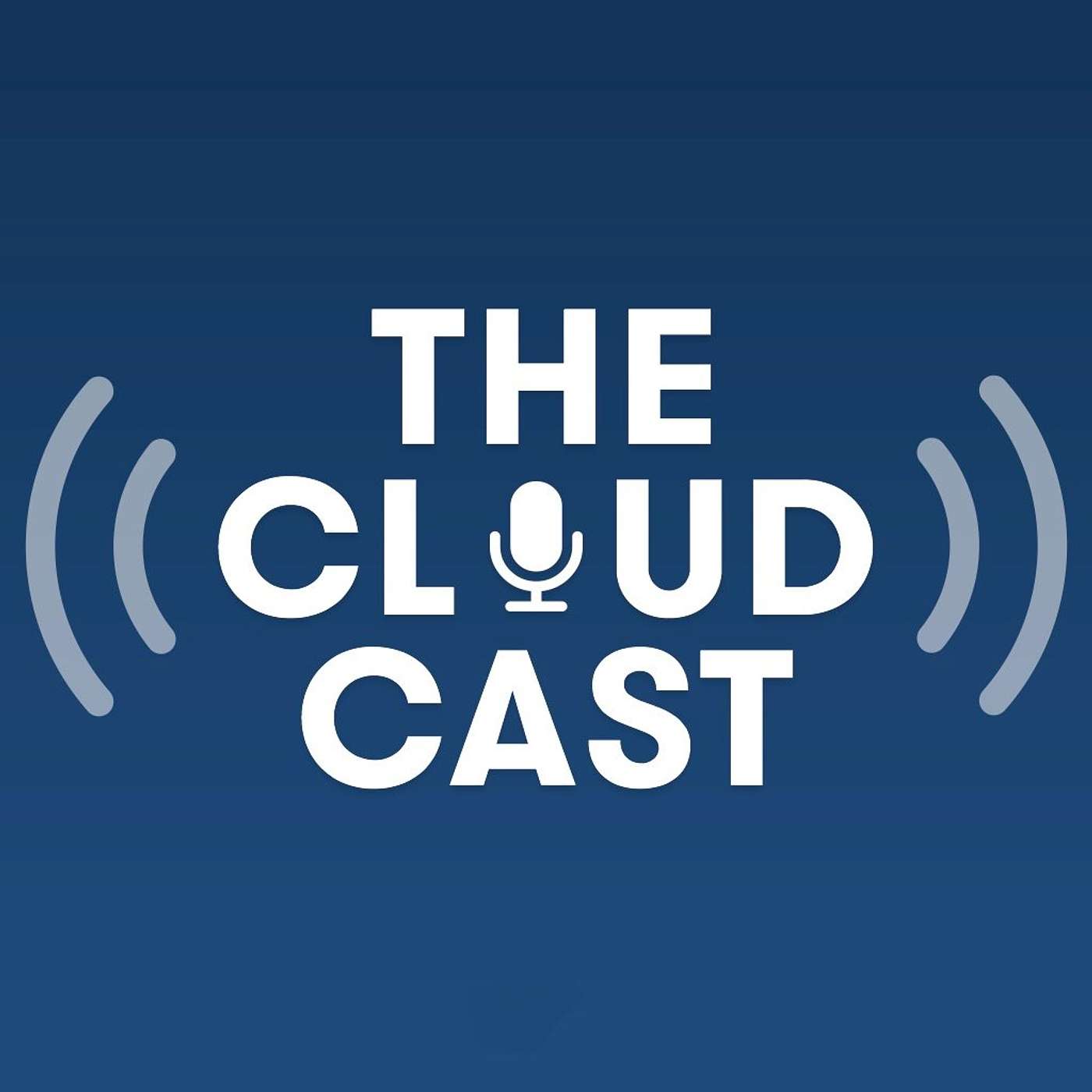The Cloudcast
What we wish we knew about the next 3 years of AI?
Feb 11, 2026
Massive Studios
Aaron and Brian explore the evolving landscape of AI over the next three years, discussing its economic implications, political influences, technological advancements, partnership dynamics, changing buying patterns, and the potential impact on job creation and destruction. They emphasize the uncertainty surrounding AI's future and the need for understanding its broader implications.
SHOW: 1001
SHOW TRANSCRIPT: The Cloudcast #1001 Transcript
SHOW VIDEO: https://youtube.com/@TheCloudcastNET
NEW TO CLOUD? CHECK OUT OUR OTHER PODCAST - "CLOUDCAST BASICS"
SHOW NOTES:
WHAT DO WE WISH WE KNEW ABOUT AI IN 3 YEARS?
- Economics
- Politics
- Technology
- Regulations
- Partnerships
- Buying Patterns
- Usage Patterns
- Devices
- Job Creation/Destruction
FEEDBACK?
 What we wish we knew about the next 3 years of AI?
30:30
What we wish we knew about the next 3 years of AI?
30:30
 The Economics of Software Developers
16:25
The Economics of Software Developers
16:25
 The Future of Enterprise Software?
27:11
The Future of Enterprise Software?
27:11
 The Rise of Digital Sovereignty
32:42
The Rise of Digital Sovereignty
32:42
 AI & Cloud Trends for January 2026
47:40
AI & Cloud Trends for January 2026
47:40
 10 Questions about what Cloud 2.0 might look like
23:49
10 Questions about what Cloud 2.0 might look like
23:49
 The Cloudcast Playbook - Lessons from 1000 Shows
49:28
The Cloudcast Playbook - Lessons from 1000 Shows
49:28
 It's the beginning of Cloud 2.0
21:07
It's the beginning of Cloud 2.0
21:07
 RAG That Survives Production
22:22
RAG That Survives Production
22:22
 20 Years of OSS Databases
25:56
20 Years of OSS Databases
25:56
 AI & Cloud Trends for December 2025
44:10
AI & Cloud Trends for December 2025
44:10
 Cloud and AI Predictions for 2026
1:02:06
Cloud and AI Predictions for 2026
1:02:06
 The Craziest Year (so far) comes to a close
21:15
The Craziest Year (so far) comes to a close
21:15
 The 2025 State of AI in Review
56:41
The 2025 State of AI in Review
56:41
 How AGI will change Everything, Everywhere
14:28
How AGI will change Everything, Everywhere
14:28
 The 2025 State of Cloud in Review
52:03
The 2025 State of Cloud in Review
52:03
 Will there be a market for expert AI agents?
25:25
Will there be a market for expert AI agents?
25:25
 How AI is evolving Enterprise Infrastructure
32:52
How AI is evolving Enterprise Infrastructure
32:52
 The Future of PaaS
20:17
The Future of PaaS
20:17
 AI & Cloud Trends for November 2025
40:45
AI & Cloud Trends for November 2025
40:45
 Things to be Thankful for
18:05
Things to be Thankful for
18:05
 Time Series for Physical AI
29:17
Time Series for Physical AI
29:17
 After NVIDIA's Latest Earnings
22:47
After NVIDIA's Latest Earnings
22:47
 Shadow AI
25:52
Shadow AI
25:52
 Rational and Irrational AI numbers
31:08
Rational and Irrational AI numbers
31:08
